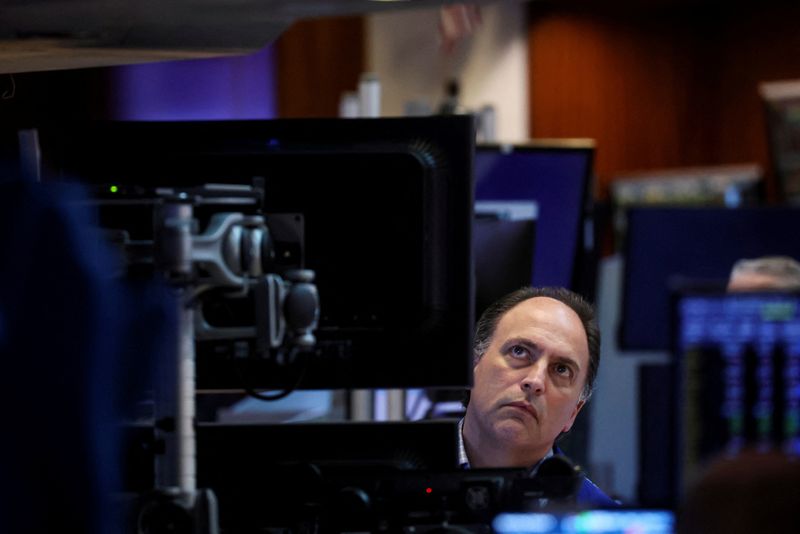Investing.com -- U.S. equity exposure remains strong despite recent market volatility, Goldman Sachs noted in a Wednesday report.
More concretely, the Wall Street firm points out that while global markets experienced a "risk off" shift in early August, U.S. equities have shown remarkable resilience. The positioning in U.S. equities not only held steady but has actually increased since the summer, even as other asset classes like bonds, gold, and yen saw more significant inflows during times of uncertainty.
The U.S. stock market's outperformance, driven by factors such as the dominance of technology stocks and the so-called "Magnificent 7," has been a key contributor to this bullish positioning.
Goldman strategists point out that "flows into U.S. equities are tracking at the upper end of the range since 2013,” only surpassed by the extraordinary inflows of 2021. In contrast, European and emerging market equities continue to lag, impacted by structural issues and weaker economic growth, especially in China.
One sector that has particularly benefited from this optimism is U.S. technology, with the largest inflows over the past 12 months directed toward technology sector funds, likely fueled by the growing excitement around AI.
Despite some volatility in the summer, positioning in S&P 500 futures remains near record highs, and there has been "little evidence of de-risking." On the other hand, Nasdaq futures positioning has declined more, the report says.
Goldman Sachs also cautions that while U.S. equity exposure remains strong, upcoming events, such as the U.S. elections and potential corporate tax reforms, could test investor sentiment.
“Our US equity strategy team has highlighted that US corporate tax reform could reduce S&P 500 earnings per share (EPS) by up 8%. Also increased scrutiny of AI capex might weigh on US equities,” Goldman strategists said.
“Only if AI is able to support the structural growth/inflation mix and boost corporate profitability are S&P 500 returns in the next decade likely to be above average.”
Meanwhile, strategists said that China's stimulus and global rate cuts may temporarily support non-U.S. equities, though global allocations to non-U.S. equities, particularly China, have declined. Goldman remains neutral across regions, favoring international diversification heading into year-end.
